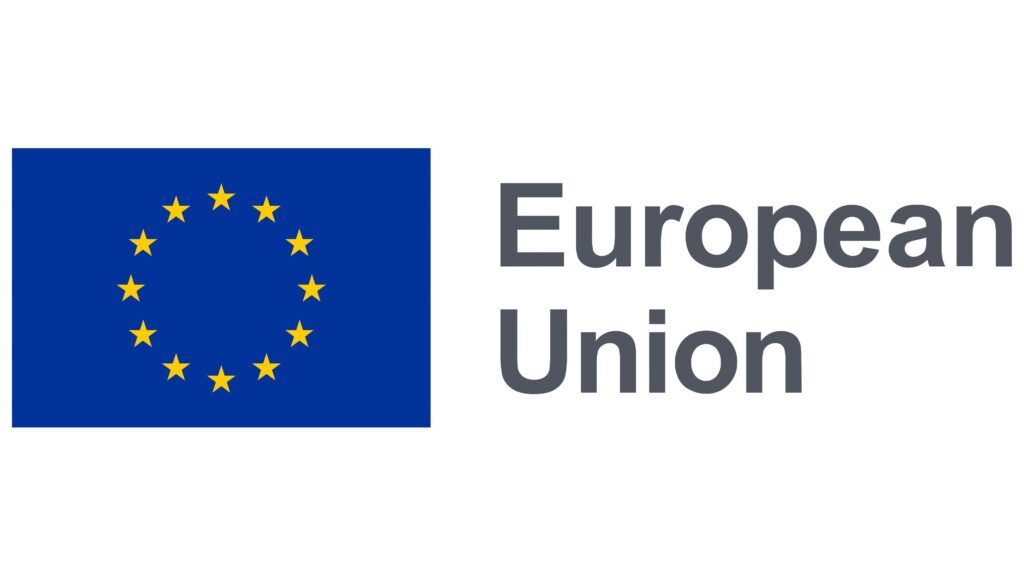The European Union has a unique chance to shape the way the world approaches AI. According to Resham Kotecha, Global Head of Policy at the Open Data Institute (ODI), the EU can demonstrate that protecting citizens’ rights and fostering innovation are not mutually exclusive. The ODI’s European Data and AI Policy Manifesto outlines six principles for policymakers, calling for robust governance, inclusive ecosystems, and active public participation.
Building trust through standards and oversight
The manifesto emphasizes that competitiveness must be built on regulation that safeguards people and strengthens trust. Initiatives like Gaia-X and Common European Data Spaces aim to create infrastructure where data can be pooled while still respecting privacy and ownership. Privacy-enhancing technologies (PETs) also play a vital role, allowing organisations to use sensitive data responsibly. For Kotecha, the EU’s challenge is to move these tools beyond pilots and into mainstream adoption.
Trust, however, requires more than technology. Independent organisations must provide checks and balances to ensure accountability. Through its Data Institutions Programme, the ODI has been exploring models for how such bodies can operate transparently and effectively.
Open data as a foundation
Open data remains a cornerstone for responsible AI, but businesses often hesitate to share due to commercial, legal, or technical barriers. Kotecha argues that the EU should reduce these costs through legislative frameworks, financial incentives, and better infrastructure. Projects like the Data Spaces Support Centre and updates to GDPR and the Data Governance Act are already laying groundwork for safer sharing. Regulatory sandboxes can further show that responsible use of data can align with commercial value.
Overcoming fragmentation across borders
One of the EU’s biggest hurdles lies in harmonising rules across its member states. Diverging national standards and inconsistent governance risk fragmenting the system. The Data Governance Act is designed to build trusted, cross-border AI ecosystems, but its success depends on consistent implementation. Building trust between governments, businesses, and civil society will be essential to making this vision work.
Independence through governance and funding
Effective oversight requires sustainable structures. Kotecha stresses that independent organisations need long-term funding to remain impartial watchdogs rather than short-term consultancies. Strong governance, transparency, and ethical oversight are essential to ensuring that these bodies serve the public interest. Embedding such principles into EU funding models could provide the stability needed for lasting accountability.
Making AI accessible to startups
Currently, valuable datasets are often locked away by major tech firms, leaving startups at a disadvantage. Initiatives like AI Factories, Data Labs, and past projects such as Data Pitch aim to lower these barriers by providing curated datasets and expertise. Such schemes have already proven successful, supporting dozens of startups and generating millions in sales. Scaling these initiatives across Europe could enable smaller players to innovate on equal footing.
Putting communities at the center
Public engagement is critical to the EU’s AI ambitions. The ODI stresses that participatory data initiatives empower people to play an active role in governance, especially under-represented groups. This means involving local communities in data projects, ensuring communication is transparent, and tailoring participation methods to cultural and social contexts. Kotecha argues that this bottom-up approach turns data literacy into real influence.
Trust as Europe’s competitive advantage
Kotecha believes the EU can position itself as a global leader by turning trust into a competitive advantage. Unlike the fragmented regulatory environment in the US or the state-driven approach in China, Europe has the chance to show that ethical oversight, inclusivity, and open data can fuel both innovation and rights protection. By doing so, the EU could export a model of governance that sets the global standard for responsible AI.
Source: https://www.artificialintelligence-news.com/news/how-the-eu-can-lead-in-ai/






